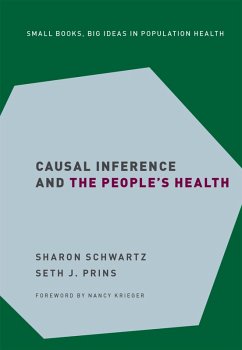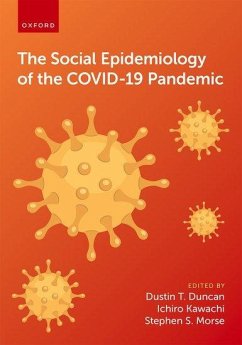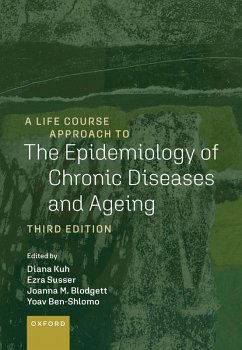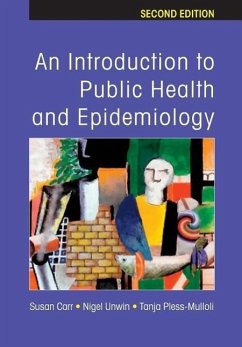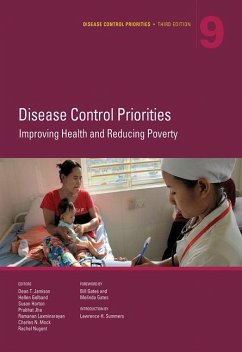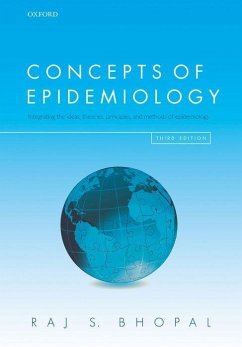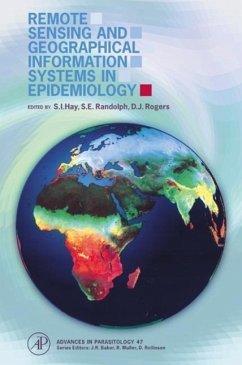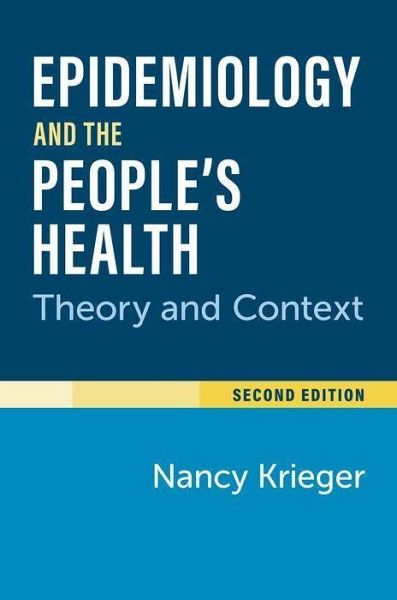
Epidemiology and the People's Health
Theory and Context, Second Edition
Versandkostenfrei!
Versandfertig in über 4 Wochen
45,99 €
inkl. MwSt.
Weitere Ausgaben:

PAYBACK Punkte
23 °P sammeln!
This book focuses on theories employed to explain patterns of disease in their societal and ecological context. The range of theories span from ancient Greece and China and different strands of traditional medicine to the 19th c rise of epidemiology as a scientific discipline on through the present, and contrasts the dominant theories - biomedical and lifestyle - to their social epidemiologic alternatives: sociopolitical, psychosocial, and ecosocial theory of disease distribution. A central argument is that explicit use of -- and debates over -- epidemiologic theories of disease distribution w...
This book focuses on theories employed to explain patterns of disease in their societal and ecological context. The range of theories span from ancient Greece and China and different strands of traditional medicine to the 19th c rise of epidemiology as a scientific discipline on through the present, and contrasts the dominant theories - biomedical and lifestyle - to their social epidemiologic alternatives: sociopolitical, psychosocial, and ecosocial theory of disease distribution. A central argument is that explicit use of -- and debates over -- epidemiologic theories of disease distribution will improve the rigor of the science and its ability to advance health justice.




